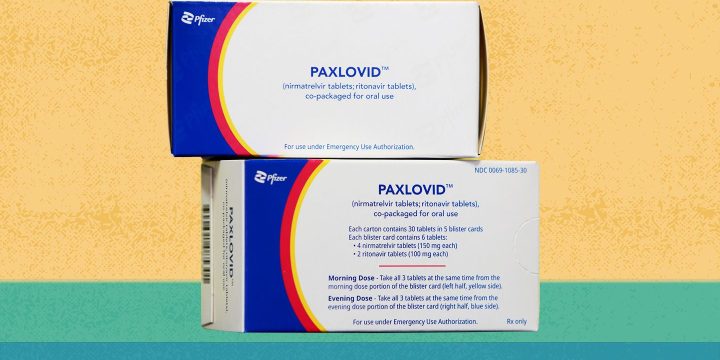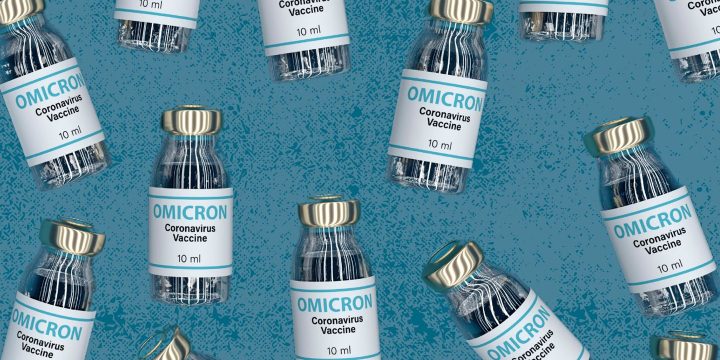
Diabetes and Cholesterol Drugs Tied to Lower Risk of Age-Related Eye Disease
Regular medication for type 2 diabetes and high cholesterol may have an unexpected benefit — a lower risk for a common age-related eye disease known as macular degeneration.Some small studies have previously found that certain medications used to lower cholesterol, control diabetes, and reduce inflammation might lower the risk of this eye disease, but results have been mixed. In a new study published November 7 in the British Journal of Ophthalmology, researchers pooled data from 14 European studies with a total of almost 39,000 participants to take a fresh look at the association between medication usage and macular degeneration.People who took cholesterol-lowering medications were 15 percent less likely to develop age-related macular degeneration, and individuals who used insulin or other medicines to manage type 2 diabetes had a 22 percent lower…








